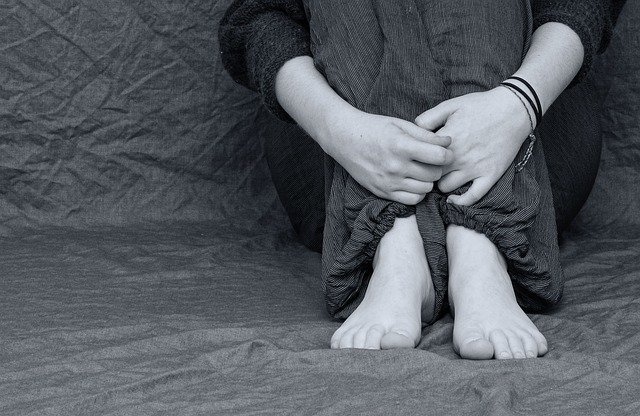One in three adults – particularly women, younger adults and those of lower socioeconomic status – are experiencing psychological distress related to Covid-19.
This is according to a new study by researchers at the Duke-NUS Medical School in Singapore, reported in the scientific and medical journal Plos One. Duke-NUS is a collaboration between Duke University School of Medicine in the US and the National University of Singapore.
Covid-19 continues to pose serious threats to public health across the globe – and interventions such as lockdowns, quarantine and social distancing are having an adverse impact on the mental well-being of populations, the study says.
Pandemic has escalated psychological distress
The pandemic has escalated the burden of psychological distress, including anxiety, depression, post-traumatic stress and insomnia. However, the factors associated with increased susceptibility to psychological distress among adults in the general population during Covid-19 are not yet well known.
“Understanding these factors is crucial for designing preventive programmes and mental health resource planning during the rapidly evolving outbreak,” explained Professor Tazeen Jafar, from the Health Services and Systems Research Programme at Duke-NUS, who led the study.
“These factors could be used to identify populations at high risk of psychological distress so they can be offered targeted remote and in-person interventions.”
Study covered 289,000 people around the world
Prof Jafar and her team performed a meta-analysis of 68 studies conducted during the pandemic, encompassing 288,830 participants from 19 countries, to assess risk factors associated with anxiety and depression among the general population.
They found that women, younger adults, individuals of lower socioeconomic status, those living in rural areas, and those at high risk of infection were more likely to experience psychological distress.
The finding that women were more likely to experience psychological distress than men is consistent with other global studies that have shown that anxiety and depression are more common in women.
Possible reasons for greater impact on women
“The lower social status of women and less preferential access to healthcare compared to men could potentially be responsible for the exaggerated adverse psychosocial impact on women,” the researchers suggested.
“Thus, outreach programmes for mental health services must target women proactively.”
Younger adults – categorised as those aged 35 and under – were more likely to experience psychological distress than those over the age of 35.
Media exposure associated with more anxiety
Although the reasons for this are unclear, previous studies have suggested that it might be due to younger people’s greater access to Covid-19 information through the media. This current study also confirmed that longer media exposure was associated with higher odds of anxiety and depression.
“The general public and healthcare professionals need to be aware of the high burden of psychological distress during the pandemic, as well as education on coping strategies,” Prof Jafar said.
“Patients need to be encouraged to seek help and [to] access mental health counselling services with appropriate referrals.”












